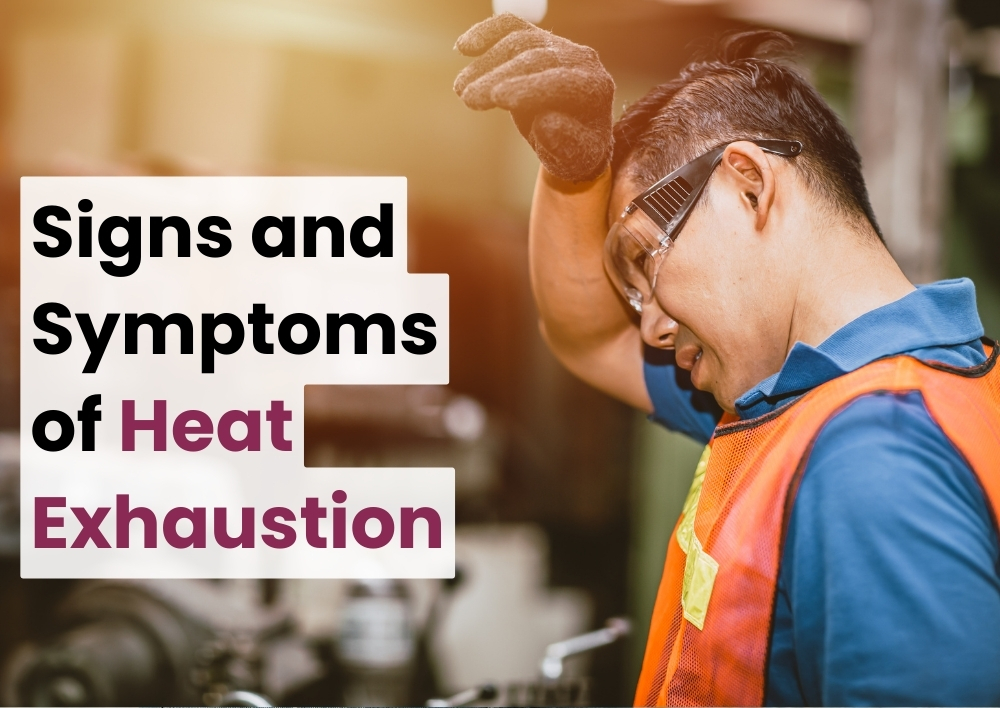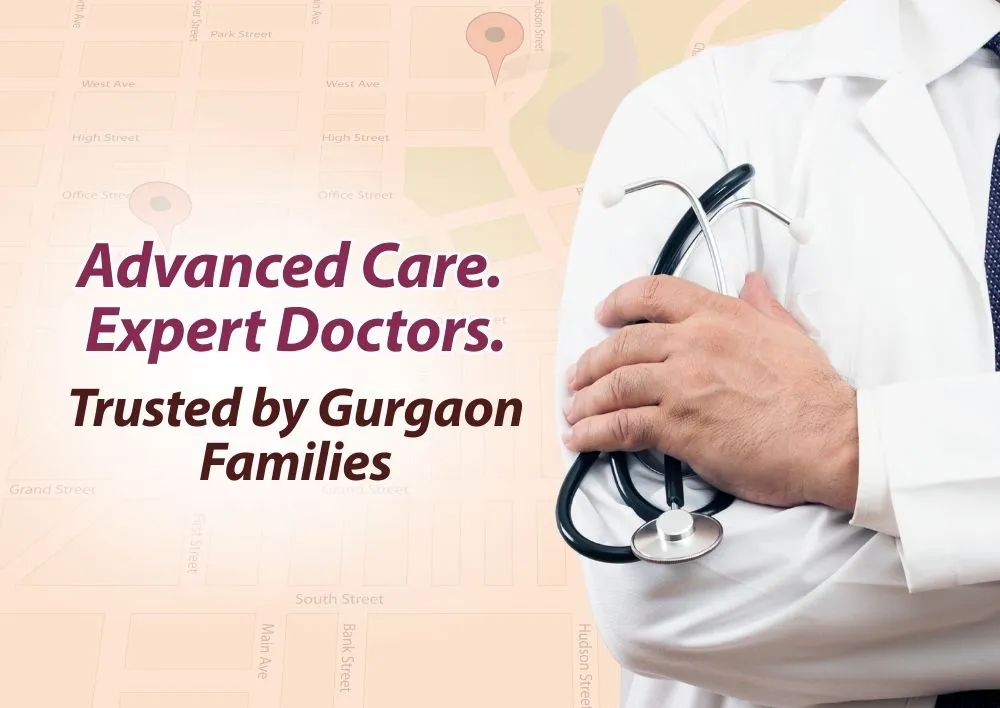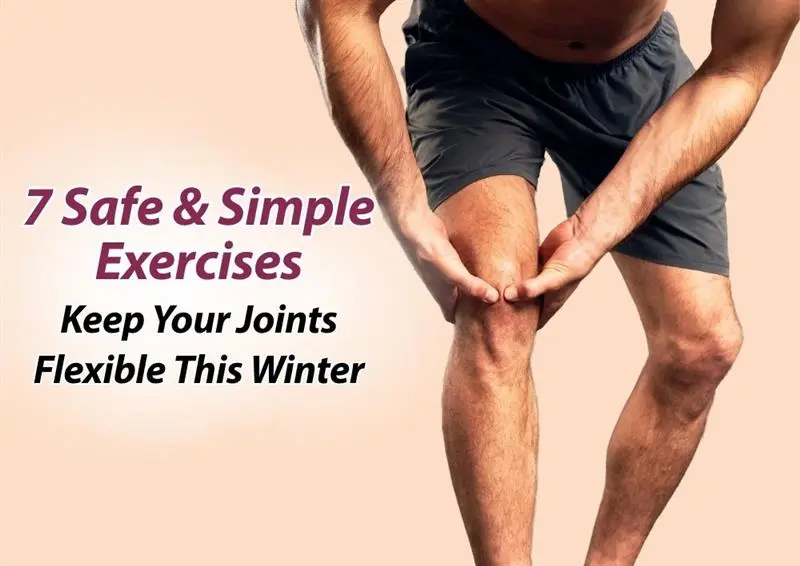Signs and Symptoms of Heat Exhaustion
Summary
Heat exhaustion is a heat-related illness that occurs when the body overheats and loses excessive water and salts through sweating, usually because of prolonged exposure to high temperatures or physical activity. The symptoms of heat exhaustion include heavy sweating, moist skin, muscle cramps, fatigue, dizziness, headache, nausea, rapid heartbeat, and dark urine. Risk factors include hot weather, strenuous activity, dehydration, certain health conditions and medications, age, and inadequate clothing. Treatment involves moving to a cool place, rehydration, cooling the body, and medical evaluation if symptoms persist. Preventive measures include staying hydrated, wearing suitable clothing, avoiding peak heat hours, using sunscreen, and monitoring weak individuals.
As temperatures rise during the summer, heat-related illnesses become a significant concern. Heat exhaustion is one such condition that can affect anyone, especially those engaged in physical activities or exposed to high temperatures for extended periods. Understanding the symptoms, treatment, and prevention of heat exhaustion is important to maintaining health and safety during the hottest times of the year. In this blog post, we will discuss in detail the signs and symptoms of heat exhaustion, its causes, and treatment.
What is Heat Exhaustion?
Heat exhaustion occurs when the body overheats and loses excessive amounts of water and salts through sweating. It is the body's response to prolonged exposure to high temperatures and often accompanies dehydration. While heat exhaustion is less severe than heat stroke, it requires quick attention to prevent the condition from worsening.
Signs and Symptoms of Heat Exhaustion
Heat exhaustion leads to a range of symptoms. Understanding these symptoms in detail can help you identify and respond to heat exhaustion promptly and prevent a medical emergency. Here's what heat exhaustion typically feels like:
-
Heavy Sweating: Excessive sweating is one of the most noticeable symptoms. This is the body’s natural attempt to cool down, but it can lead to dehydration and other complications if not addressed.
-
Pale, Cool, and Moist Skin: Despite a high body temperature, the skin may feel cool and moist. This occurs because sweat evaporation on the skin creates a cooling effect.
-
Muscle Cramps: Painful muscle cramps, especially in the legs, arms, or abdomen, are common due to the loss of electrolytes through sweat.
-
Fatigue and Weakness: A feeling of tiredness and weakness is common as the body expends energy trying to cool down.
-
Dizziness or Light-headedness: Feeling dizzy or light-headed is a frequent symptom, and in severe cases, this can lead to fainting.
-
Headache: Heat can cause throbbing headaches, which are often worsened by dehydration.
-
Nausea or Vomiting: The body’s distress can lead to gastrointestinal symptoms like nausea or vomiting.
-
Rapid Heartbeat: The heart may start beating faster as it tries to pump blood to the skin’s surface to release heat.
-
Dark Urine: Dark-colored urine indicates dehydration, which often accompanies heat exhaustion.
If you are experiencing the signs of heat exhaustion, consult the general physician in gurgaon immediately for the proper treatment to prevent any emergency.
Heat Exhaustion vs Heat Stroke
People usually get confused about whether heat stroke and heat exhaustion are the same and use them interchangeably. According to the best general physician in gurgaon at Miracles Apollo Cradle/Spectra, both heat exhaustion and stroke are related conditions caused by exposure to high temperatures and inadequate hydration, but they are not the same. Knowing the difference can be a lifesaver. Heat exhaustion is your body’s distress signal, with heavy sweating, weakness, and dizziness screaming for a break. It's like your body's way of saying, "I need a timeout!" But ignore these warnings, and you could be in for heat stroke, a medical emergency where the body loses its ability to cool down, leading to a skyrocketing body temperature, confusion, and even unconsciousness. Think of heat stroke as the ultimate red alert where immediate action is required to avoid long-term damage or even death. So, when the heat is on, know the signs, take action, and stay cool.
How Heat Exhaustion Happens?
Heat exhaustion typically occurs when a person is exposed to high temperatures and engages in vigorous physical activity, leading to excessive sweating and dehydration. Here’s how it happens:
-
Exposure to Heat: Heat exhaustion usually happens during hot weather or in environments where the temperature is high and there is limited ventilation or shade.
-
Dehydration: During physical exertion or prolonged exposure to heat, the body loses fluids and electrolytes through sweat. If these fluids and electrolytes are not adequately replaced through drinking water or electrolyte-containing beverages, dehydration can occur rapidly.
-
Inadequate Fluid Intake: Failure to drink enough fluids, especially water, during hot weather or strenuous activity can exacerbate dehydration, making it difficult for the body to maintain its normal temperature.
-
Increased Risk Factors: Certain factors can increase the risk of heat exhaustion, such as wearing heavy or tight clothing that prevents proper cooling, being elderly or very young (as they may have less efficient temperature regulation), having certain medical conditions (like heart disease or high blood pressure), or taking medications that affect the body's response to heat.
-
Physical Activity: Engaging in intense physical activity, especially in hot conditions, increases the body's heat production. If the body cannot dissipate this heat adequately due to dehydration or environmental factors, it can lead to heat exhaustion.
Heat Exhaustion Treatment
Treating heat exhaustion promptly is important to prevent it from progressing to a more serious condition like heat stroke. Here are steps you can take for heat exhaustion treatment at home:
-
Move to a Cool Environment: Get the person out of the heat and into a cooler, shaded area or an air-conditioned room.
-
Rest and Hydration: Have the person rest and lie down. Encourage them to drink cool water or sports drinks to rehydrate. Avoid alcohol or caffeine, as these can contribute to dehydration.
-
Cooling Measures: Use cooling measures such as applying cool, wet cloths or towels to the skin, spraying the person with cool water, and using fans to promote evaporation.
-
Loosen Clothing: Help the person loosen or remove any tight or unnecessary clothing to aid cooling.
-
Monitor Symptoms: Stay with the person and monitor their condition. If symptoms worsen or don't improve within 30 minutes, consult the doctor immediately.
-
Medical Evaluation: If the person is vomiting, has a high fever (above 104°F or 40°C), or if symptoms continue despite initial treatment, seek immediate medical attention as these could indicate a more severe heat-related illness such as heat stroke.
It's important to act quickly and take these steps to help the person recover from heat exhaustion. Prevention through adequate hydration, avoiding prolonged exposure to heat, and wearing appropriate clothing in hot environments is also key to reducing the risk of heat-related illnesses.
Risk Factors of Heat Exhaustion
Heat exhaustion can affect anyone exposed to high temperatures, but certain factors can increase the risk of developing this condition. Here are some common risk factors:
-
High Temperatures: Exposure to hot and humid weather conditions increases the risk of heat exhaustion.
-
Strenuous Physical Activity: Engaging in vigorous exercise or working in hot weather without adequate hydration and rest can lead to heat exhaustion.
-
Age: Infants and young children are more susceptible due to their bodies' ability to regulate temperature not being fully developed. Older adults, especially those over 65, are also at higher risk because of decreased sweat production and other age-related factors.
-
Health Conditions: Certain medical conditions including heart disease, high blood pressure, diabetes, obesity, and respiratory diseases can increase exposure.
-
Medications: Some medications such as diuretics, antihistamines, beta-blockers, and psychiatric medications can affect the body's ability to regulate temperature or cause dehydration.
-
Lack of Adaptation: Sudden exposure to hot weather without slowly increasing exposure time can prevent the body from adapting to heat.
-
Clothing: Wearing heavy or tight clothing that restricts the evaporation of sweat can contribute to heat retention and increase the risk of heat exhaustion.
-
Dehydration: Not drinking enough fluids or losing excessive fluids through sweating without adequate replacement can impair the body's ability to cool itself.
-
Alcohol and Caffeine Consumption: Alcohol and caffeine can interfere with the body's ability to regulate temperature and increase dehydration.
-
Living Conditions: People without access to air conditioning or who work outdoors in hot environments are at higher risk, especially during heat waves.
Recognizing these risk factors can help individuals take preventive measures, such as staying hydrated, wearing appropriate clothing, and limiting outdoor activity during peak heat hours, to reduce the risk of heat exhaustion.
How to Prevent Heat Exhaustion?
Preventing heat exhaustion involves taking proactive steps to stay cool and hydrated, especially during hot weather or when engaging in strenuous activities outdoors. Here are some effective prevention tips:
-
Stay Hydrated: Drink plenty of fluids including water, or other nonalcoholic and caffeine-free drinks throughout the day, even if you don't feel thirsty. Water is best, but electrolyte-rich drinks can also help replace salts lost through sweating.
-
Avoid Direct Sun: Limit exposure to the sun during peak hours generally between 10 AM and 4 PM. If you need to be outside, seek shade or use an umbrella or wide-brimmed hat to create shade.
-
Wear Appropriate Clothing: Opt for lightweight, loose-fitting, and light-colored clothing that allows sweat to evaporate and helps keep you cooler.
-
Use Sunscreen: Sunburn can affect your body’s ability to cool down, so protect your skin with a high SPF sunscreen.
-
Take Breaks: If you are engaged in outdoor activities or work, take frequent breaks in shaded or cooler areas. Use these breaks to hydrate and rest.
-
Adjust Your Body: If you are not used to working or exercising in hot weather, slowly increase your activity level over several days to help your body adjust to the heat.
-
Cool Your Environment: Use fans, air conditioning, or cool baths and showers to lower your body temperature after being in a hot environment.
-
Know Your Limits: Pay attention to the body's signals and If you start feeling overheated, dizzy, or fatigued, take immediate steps to cool down and rest.
-
Monitor Weather Conditions: Stay informed about weather forecasts, especially during heat waves, and plan your outdoor activities accordingly. If possible, schedule outdoor activities and exercise during cooler times of the day, such as early morning or late evening.
-
Protect Vulnerable Individuals: Keep a close eye on infants, young children, older adults, and individuals with chronic medical conditions who may be more susceptible to heat-related illnesses.
Long term consideration to prevent heat exhaustion
-
Maintain Physical Fitness: Regular exercise can improve your body's ability to cope with heat, but always start slow and slowly increase intensity.
-
Nutrition: A balanced diet with adequate electrolytes such as sodium and potassium helps maintain hydration levels.
-
Workplace Adjustments: For those working in hot environments, employers should provide access to water, rest breaks, and shaded or air-conditioned rest areas.
By following these preventive measures, you can significantly reduce your risk of developing heat exhaustion and other heat-related illnesses during hot weather conditions.
Conclusion:
Heat exhaustion is a serious condition that requires immediate attention to prevent it from progressing to heat stroke. Recognizing the heat exhaustion symptoms, knowing how to treat them promptly, and taking preventive measures are important to staying safe during hot weather. Stay informed, stay hydrated, and take care of your body to enjoy the summer safely and healthily. By being proactive and aware, you can ensure that the summer months are both enjoyable and safe for you and your loved ones. Book your consultation with the best internal medicine doctor near you today!
Frequently Asked Questions
Lots of sweating, feeling dizzy or weak or sick, pale skin, headache and muscle cramps.
Heat exhaustion is not as serious and causes sweating and feeling tired. On the other hand, heat stroke is more dangerous and needs immediate medical help.
Go to a cool place, drink water, rest, and use a cold pack or take a shower in cold water.
Heat exhaustion is a condition that is caused by excessive heat and dehydration, leading to fatigue, weakness, and overheating.
-
Heat cramps
-
Heat exhaustion
-
Heat stroke
With proper care, symptoms of heat exhaustion generally improve within 30 minutes to a few hours.
Elderly people, infants, outdoor workers, pregnant women, and those with chronic illnesses or poor hydration are at higher risk.








.webp)






Was the information useful?
0 0